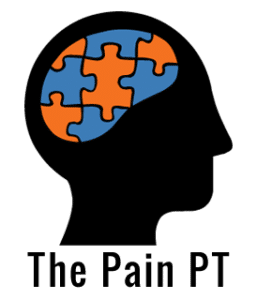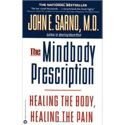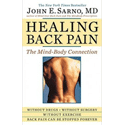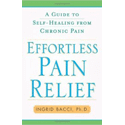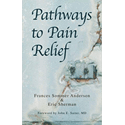Study: Work Psychological Factors Increase Risk for Back Pain
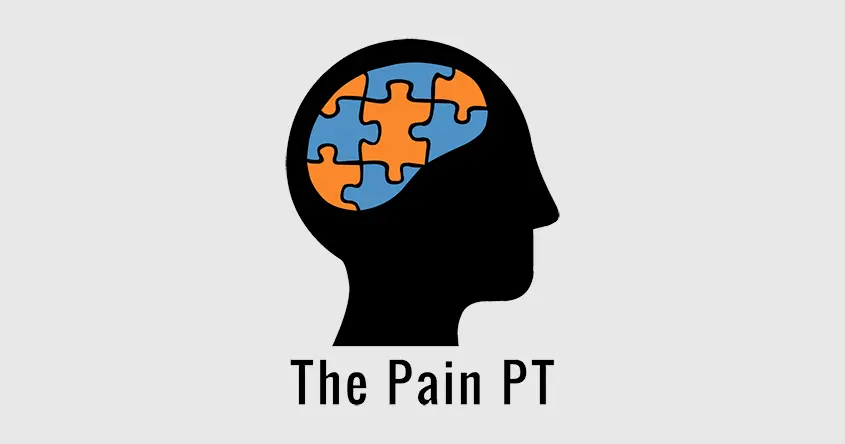
In the early 2000’s, I started to think more deeply about chronic pain and other chronic symptoms that were not getting better through traditional physical therapy (physiotherapy). I was working in an outpatient physical therapy clinic focusing primarily on treating worker’s compensation injuries. What I began to see myself was also starting to show up in the research. This paper here in 2001 was one of the many research articles I started to uncover that showed psychological stress factors played an important role in the production and maintenance of somatic symptoms.
In this systematic review paper the authors combed through 975 studies and identified 21 that met the research criteria. They found that ‘the results showed a clear association between psychological variables and future back pain. There was strong evidence that job satisfaction, monotonous tasks, work relations, demands, stress, and perceived ability to work were related to future back pain problems. Further, moderate evidence was established for work pace, control, emotional effort at work, and the belief that work is dangerous.” The authors state: “Although the methodological quality of the studies varied, they were deemed to provide “best evidence,” and the consistency of the findings suggests that they are relatively robust.”
This is what I was seeing in a good subset of patients I worked with when I took their history. The pain was real and physical in nature. Most of my fellow PT’s were only looking at the physical body when assessing the symptoms. That was what we had learned to do from our training. I wasn’t satisfied so I asked patients more personal questions. As I did, I could clearly see how stress (this study showed workplace stress) became a predictive factor in the generation and then sustenance of their physical symptoms.
The researchers “concluded that psychological work factors play a significant role in future back pain problems. These results suggest that a change in the way we view and deal with back pain is needed. Applying knowledge about psychological factors at work might enhance prevention as well as rehabilitation.”
This was written in 2001 and here we are 23 years later. I have moved ahead in the way I look at and treat non-specific back pain, as well as many other physical symptoms. Mainstream medicine is still catching up. I think we will get there eventually as there’s lots of good evidence out there, a multitude of mind-body books, and more and more practitioners realizing the mind and body cannot be separated.
